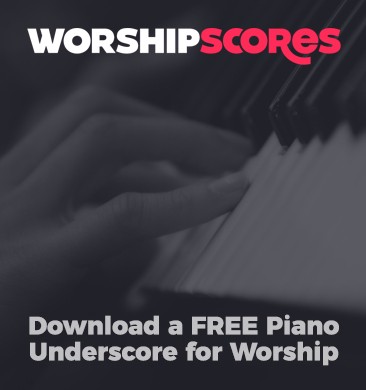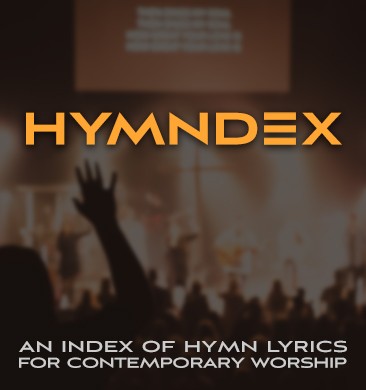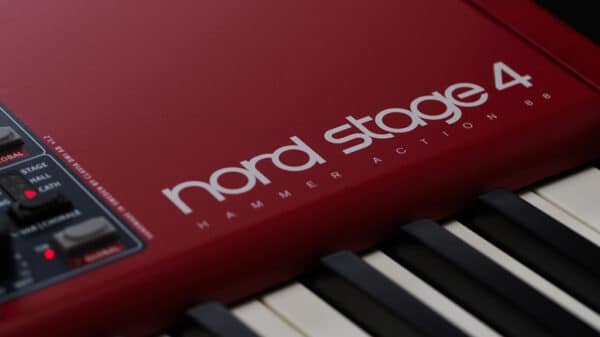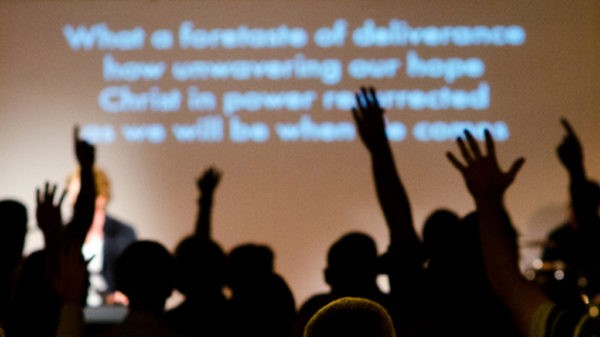Your church’s trusty 25-year-old keyboard is finally giving up the ghost. Keys are sticking, sounds are cutting out, and last Sunday three keys decided to stick during the opening song. Sound familiar?
You’re not alone. Churches everywhere face this same challenge: finding a keyboard that delivers professional sound quality without breaking the budget or overwhelming volunteers who just want to serve through music.
Sure, everyone talks about Nord keyboards as the gold standard. They sound amazing, look sleek, and every worship leader secretly dreams of having one. But at $3,000-$4,000, they’re often out of reach for most church budgets. The good news? You don’t need to spend Nord money to get great results.
This guide breaks down two practical paths for upgrading your worship keyboard setup. We’ll explore solid all-in-one stage keyboards and modern software-based rigs that deliver professional results at real-world prices.
Know Your Player Before You Shop
Before you start browsing keyboards online, take a hard look at who’s actually going to be playing this thing. Are you buying for one dedicated musician or a rotating team of volunteers?
Many churches have that “timid but quick learner” type – someone who knows their way around a piano but gets nervous when faced with complicated menus and dozens of buttons. They can handle the music just fine, but they need gear that doesn’t fight them every step of the way.
This matters more than you might think. A keyboard that requires deep menu diving just to find a basic piano sound will frustrate volunteers and potentially drive them away from serving.
The Must-Have Features for Modern Worship
Keys That Feel Right
Weighted keys (also called hammer action) make a huge difference. They feel like a real piano, which helps pianists play with proper dynamics and expression. Most worship leaders prefer 88 keys for the full range, though 73 keys can work if space is tight.
The Core Sound Palette
Every worship keyboard needs these basics: acoustic pianos, electric pianos (think Rhodes and Wurlitzer), atmospheric pads, and strings. Nice-to-have additions include basic organ sounds.
Layering and Splitting Made Simple
Layering means playing two sounds at once across the whole keyboard – like piano with a pad underneath for fullness. Splitting lets you assign different sounds to different sections – bass in your left hand, piano in your right.
Both features are game-changers for creating full arrangements with one person. But they’re only useful if they’re easy to access during a service.
Controls You Can Actually Use
Look for keyboards with physical knobs and sliders for adjusting layer volumes on the fly. Those little adjustments during a song can make the difference between a good performance and a great one.
Transpose and octave buttons should be clearly labeled and easy to reach.
Path A: The All-in-One Stage Keyboard
The Standout Choice: Yamaha CK88
This keyboard keeps coming up in worship leader conversations, and for good reason. It hits the sweet spot of professional sound quality, user-friendly design, and reasonable price.
The CK88 runs around $1,500 – less than half what you’d pay for a comparable Nord. It’s built for people who want to focus on playing music, not programming synthesizers. The interface is clean and intuitive, with dedicated controls for layering and splitting sounds.
Sound-wise, it draws from Yamaha’s higher-end keyboards, so you get professional-quality pianos, EPs, and pads. It’s also surprisingly lightweight for a weighted 88-key instrument, making it easier to move around.
Other Strong Options
Yamaha YC Series (YC73/YC88): If your budget has some flexibility, these are fantastic Nord alternatives. They excel at organ sounds and have top-tier vintage electric piano tones.
Yamaha MX88: A more budget-friendly option that still delivers good sounds and useful top-panel controls.
Roland RD-88: Roland’s reputation for excellent piano sounds is well-deserved. This is a solid, reliable choice that competes directly with Yamaha’s offerings.
Roland FP-60: Great weighted keys and sounds, though it’s heavier and better suited as a permanent installation.
A Word About Brand Loyalty
When you have multiple volunteers rotating through the keys position, consistency helps. If everyone knows how to find a piano sound on a Yamaha, stick with Yamaha. The learning curve for new volunteers drops significantly when they’re working with familiar interfaces.
Path B: The Software-Based Rig
How It Works
This setup uses a MIDI controller (a keyboard that makes no sound by itself) connected to an iPad or laptop running specialized software. The controller sends signals, the software generates the sounds.
The Advantages
The sound possibilities are virtually unlimited. You can access thousands of patches, including ones specifically designed for popular worship songs. Sunday Keys, made by Sunday Sounds, offers pre-built patches that take the guesswork out of programming.
Cost-wise, a quality controller plus an iPad can be more affordable than a high-end hardware keyboard.
The Reality Check
This path introduces complexity. You’re dealing with multiple devices, cables, and potential tech issues. For a volunteer who just wants to sit down and play, this might feel overwhelming.
You’ll need the controller, a compatible device, the software, and potentially an audio interface to avoid latency issues.
Recommended Gear
The Studio Logic SL88 gets mentioned frequently as a solid, fully-weighted controller. Pair it with Sunday Keys software for a powerful, flexible rig that can handle any worship style.
Smart Shopping Strategies
Test Before You Buy
Visit a music store and let your keyboardist try different options. The feel of weighted keys varies between manufacturers, and personal preference matters.
Finding the Best Price
Call retailers like Sweetwater and Musician’s Friend. Ask specifically about church and school discounts – many offer special pricing for non-profits.
Look for “open box,” “B-stock,” or demo models. These can save you hundreds while still giving you a full warranty.
Time your purchase around major sales events like July 4th or Black Friday for additional savings.
Handling Your Old Gear
Services like ChurchGear specialize in buying used equipment from churches. Even broken gear has value, and the money from your old keyboard can offset the cost of the new one.
Making the Right Choice
The best keyboard isn’t about the brand name or the price tag. It’s the one that empowers your musicians to lead worship confidently without fighting the technology.
If you want simplicity and reliability, go with a stage keyboard like the Yamaha CK88. If you want maximum flexibility and don’t mind the extra complexity, explore the software route.
Either way, you’re making an investment that will serve your church’s worship for years to come. Your musicians will thank you, your congregation will notice the difference, and your 25-year-old keyboard can finally rest in peace.
The goal isn’t to impress other musicians with your gear – it’s to remove barriers so your team can focus on what really matters: leading people into worship.








